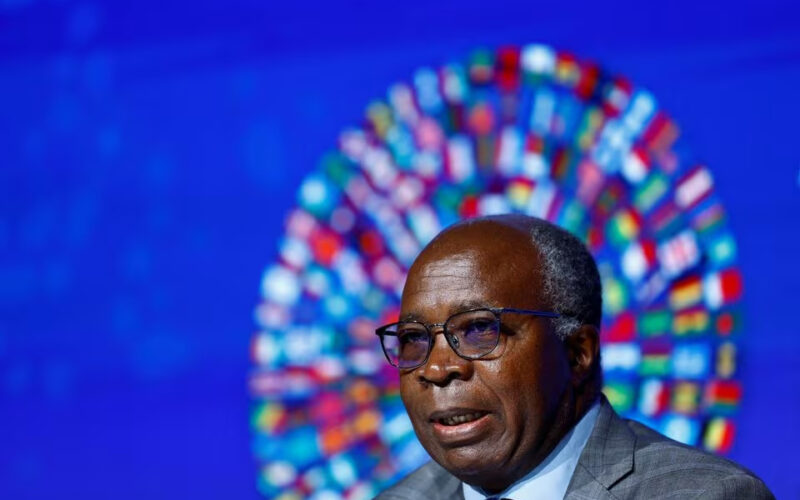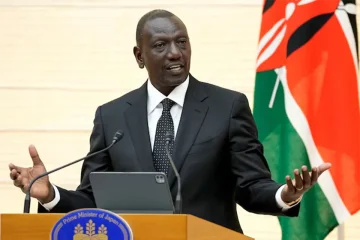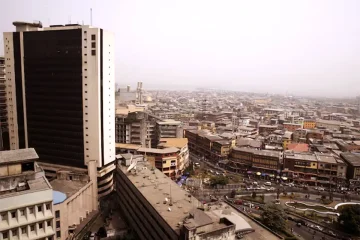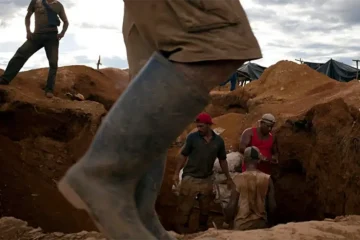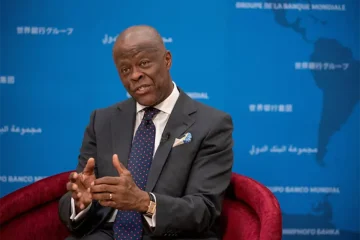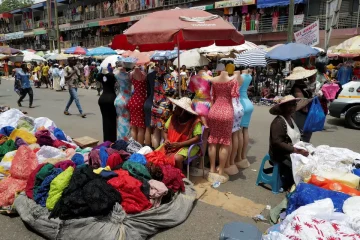LONG delays in Zambia’s debt restructuring have hamstrung much-needed investments, curtailed economic growth, weighed on local financial markets and added to living costs for its people, Finance Minister Situmbeko Musokotwane told Reuters.
Zambia defaulted three years ago and is trying to rework its debt under the G20 Common Framework, a programme designed to ensure swift and smooth debt overhauls for low-income nations.
But the process has been beset by delays, with Zambia suffering a major setback on Monday when official creditors rejected a preliminary deal agreed between the country and its bondholders to rework $3 billion over objections on whether it offered comparable debt relief.
The first African country to default in the COVID-19 era, Zambia’s debt restructuring had started with drawn-out negotiations with bilateral creditors including China.
“Zambia’s debt restructuring has dragged on too long,” Musokotwane said in emailed comments.
“During restructuring, we are experiencing vastly constrained fiscal space. We cannot attract vital foreign direct investment. We have no access to capital markets.”
Uncertainty or negative news on the restructuring progress have hit domestic bond markets, Musokotwane said, which may affect the government’s ability to fully finance the national budget.
They also made the currency more volatile, he added. The kwacha stands at a record low of 23.525 to the dollar and has weakened more than 30% this year.
All this has resulted in a significant increase in the cost of living for Zambians and impacted the government’s ability to push through with vital investments.
“Projects in the water sector, among others, have been delayed in completion by over three years and have hence delayed the delivery of clean water and sanitation services to over 1.5 million Zambian people,” the minister said, adding infrastructure projects connecting some of Zambia’s poorest rural areas to markets and technology had also stalled.
“This undermines our development agenda and impacts the most vulnerable.”
Musokotwane said the country had implemented some serious reforms and committed to improving management of government finances and boosting growth.
“Problems facing Zambia are not simply numbers on a spreadsheet but impact the lives of real people. Continued delays serve the interests of no-one.”
He said the government would continue discussions in “good faith” to find a solution that was satisfactory to all sides.

